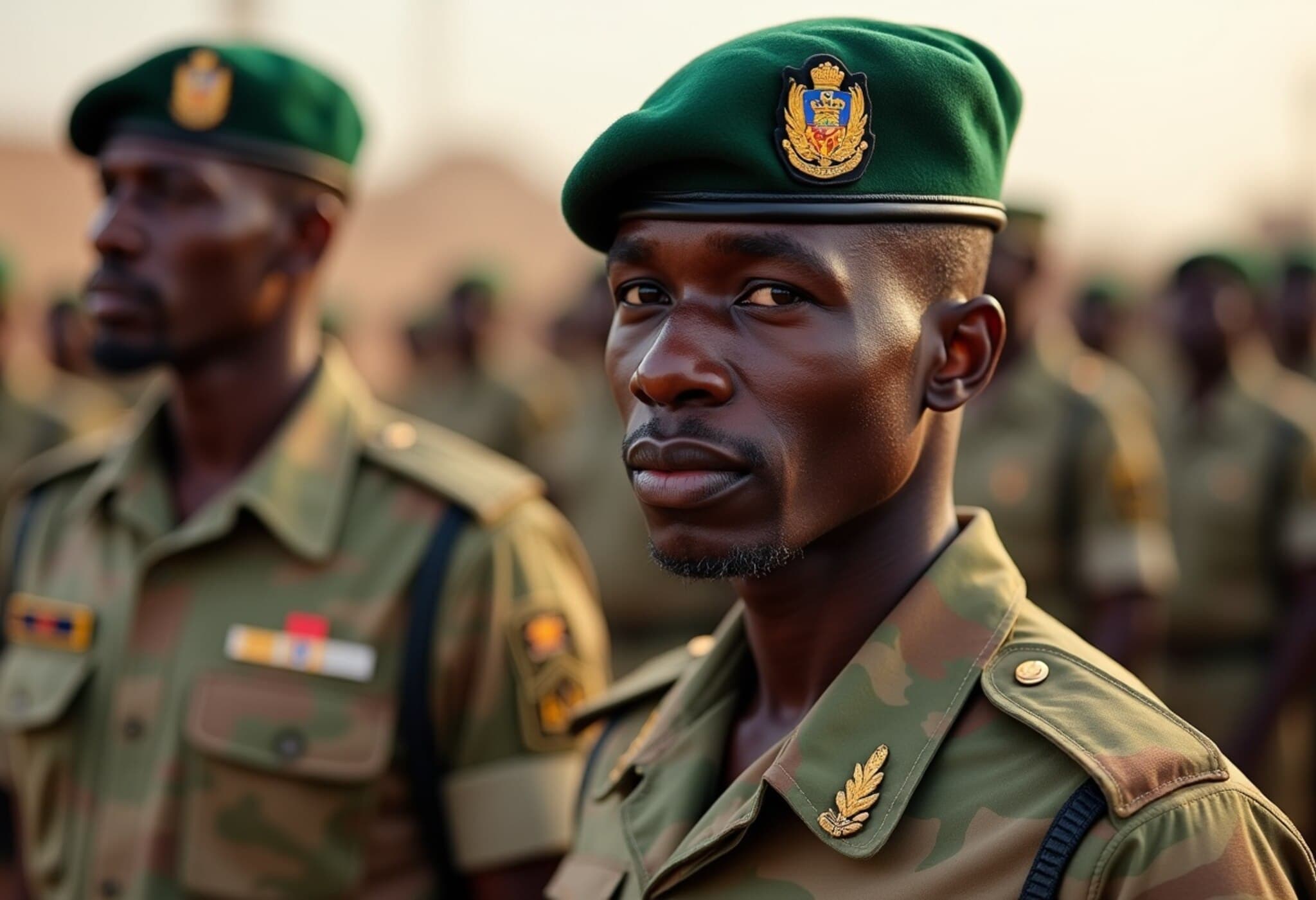Fatal Helicopter Crash Claims Eight Lives in Ghana
In a heartbreaking blow to Ghana, a helicopter crash has claimed the lives of eight individuals, among them two of the nation’s most influential government leaders: Defence Minister Edward Omane Boamah and Environment Minister Ibrahim Murtala Muhammed. This devastating incident marks one of the deadliest aviation tragedies Ghana has faced in over a decade, casting a shadow over the country’s political and social landscape.
Details of the Incident
The helicopter, a commonly used Z-9 utility model, departed from Accra on Wednesday morning en route to Obuasi, a key gold-mining hub in the Ashanti region. The journey was reportedly routine until the aircraft suddenly lost contact with ground control and subsequently crashed. Alongside the ministers, the passengers included the vice-chairman of the ruling National Democratic Congress, a senior national security adviser, and the helicopter’s crew members. Authorities promptly launched an investigation to uncover the root causes of the tragic accident.
Background and Aviation Safety Context in Ghana
Ghana’s aviation sector has faced several challenges over the years, particularly with helicopters used in military and governmental operations. Past incidents, such as the 2014 helicopter crash off the Ghanaian coast that killed three people, and a 2021 cargo plane accident in Accra resulting in multiple casualties, highlight ongoing safety concerns. These recurring tragedies raise critical questions about maintenance standards, pilot training, and air traffic control mechanisms in the region.
Expert Insight: What This Means for Ghana
The loss of two senior ministers in a single incident is both a political and emotional setback for Ghana. Defence Minister Boamah played a key role in the country’s national security and military modernization, while Environment Minister Muhammed was a strong advocate for sustainable development and climate policies.
From a policy perspective, this calamity may act as a catalyst for Ghanaian authorities to rigorously reassess aviation safety protocols, invest in better equipment, and enhance crisis response strategies. Experts also underscore the importance of transparency during the ongoing investigations to restore public trust and ensure such mistakes are not repeated.
Underreported Questions and Regional Implications
- Equipment Reliability: How well-maintained was the helicopter involved? Aging fleets pose heightened risks in many African nations.
- Infrastructure and Training: Are there sufficient facilities and qualified personnel for aircraft maintenance and pilot training in Ghana?
- Political Impact: How will the sudden passing of top ministers affect Ghana’s governance and upcoming policy reforms?
- Regional Aviation Safety: Ghana’s aviation challenges mirror those in several sub-Saharan countries, indicating a broader need for regional collaboration on safety standards.
Ghana’s Journey Forward
As Ghana mourns its lost leaders and addresses this enormous tragedy, the nation faces a pivotal moment to strengthen its aviation oversight and enhance governmental continuity plans. The resilience of Ghana’s democracy and institutions will be tested, but with decisive leadership and international cooperation, the country can emerge stronger and more prepared for future challenges.
Editor’s Note
This tragedy not only highlights the human cost behind aviation mishaps but also underscores crucial systemic issues within Ghana's transport and governance frameworks. For readers and policymakers alike, the imperative lies in learning from these losses to build safer, more resilient systems. How governments worldwide, especially in developing contexts, manage aviation risks reflects on broader themes of infrastructure development, public safety, and political stability. Continuous scrutiny, investment, and transparency must guide Ghana’s path forward.











